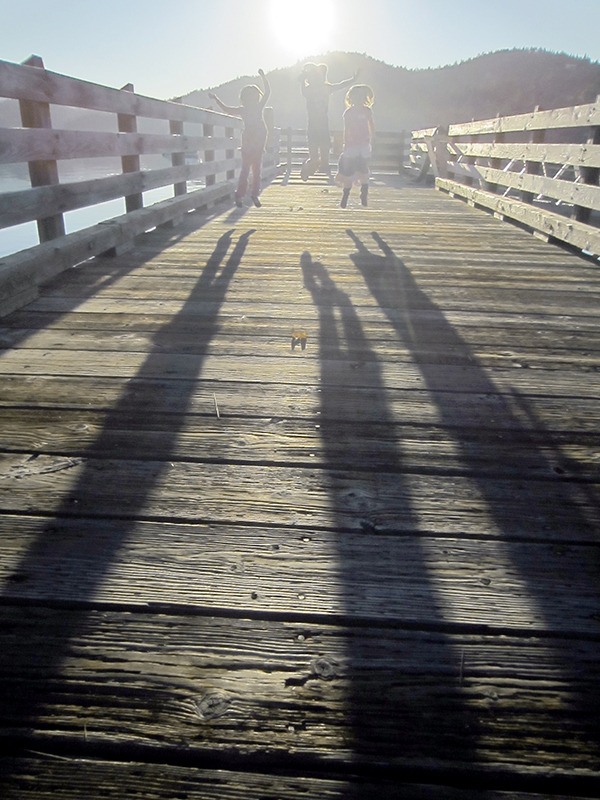by Kim Ihlenfeldt
Special to the Sounder
A little boy held my face in his hands and looked me square in the eye as his big blues cried out, “I just wish someone loved me enough to keep me.”
His hands were soft but dirty from playing outside, his spiky blond hair was laced with beads of sweat. He was your typical little boy. He had an incredible heart. But, with no one to care for him, he left Orcas the next day for a foster home off-island. This was in 2014. He was the 12th child I provided respite for, so I was already well into it, but this was one of those moments that changes your heart for forever. I was all in after that.
Foster care is defined as a person who acts as parent and guardian for a child in place of the child’s natural parents, but without legally adopting the child. Right now there are no licensed foster homes on the island.
Last April, alone, there were 10 Orcas Island children removed from their homes. A handful of them were taken in by island relatives and family-friends, also knows as fictive-kin. The others were sent off island, stripped from everything familiar to them and from our community, and sent away. I’ve seen it happen several times. It’s not that they aren’t wanted here; it’s that no one steps up for them.
Data from a July 2015 report by the U.S. Department of Health and Human Services shows 10,603 children in the foster care system in Washington state, and 411,433 nationwide. Children can be in foster care anywhere from a couple of months to several years or more.
The need is there. These children need people to help them grow, wipe their tears, hug them tight. They need loving adults to wake them in the morning, cheer them on in their endeavors, encourage their ambitions and hold their hand through their struggles. You’ll share family meals, teach them boundaries and laugh until your sides split. It takes our community, as a whole; it takes a village.
Our community provides familiar faces, routine and meaningful relationships. The kids find peers to relate to, adults who nurture; they get to know the faces of the community and the community gets to know the children, as well.
Foster care isn’t for everyone, and there are other ways that you can help. One of the things that I love about our community is its ability to fill a need. There are opportunities to sponsor children, volunteer, donate, provide respite care for foster homes or fictive kin and more. I think the most important thing we can do as a community is to support our own and the children who quickly become our own.



